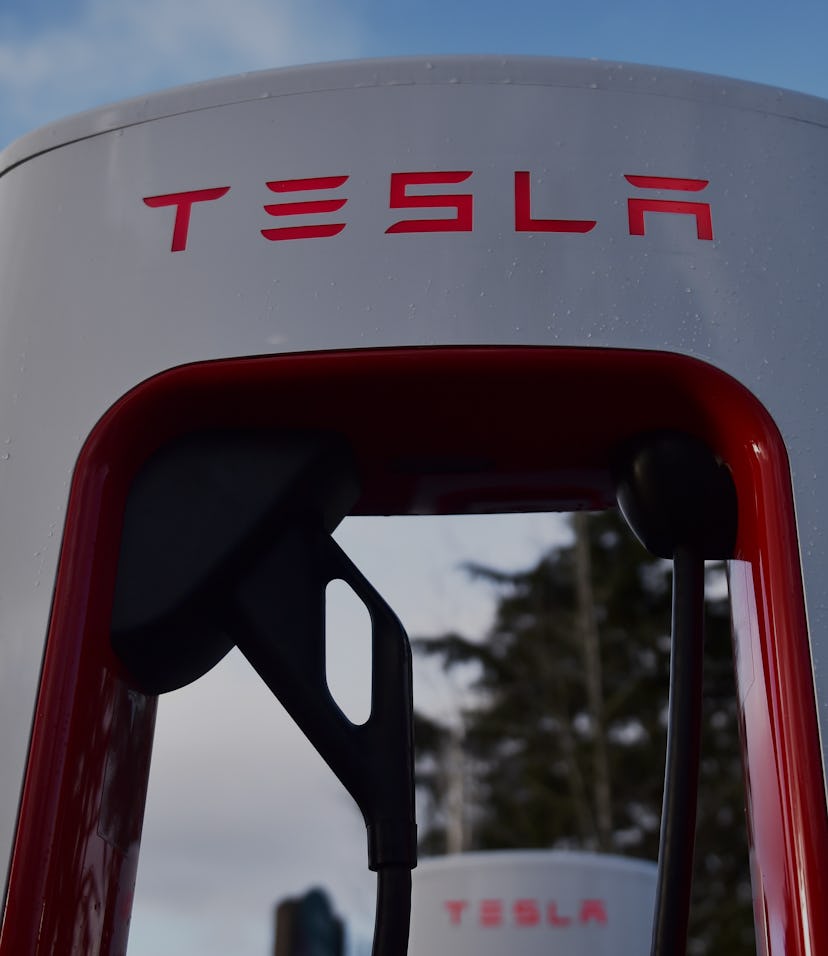Tech
Tesla’s ‘phantom braking’ is bad enough to warrant U.S. investigation
This is the fourth time the automaker is facing an investigation in three years.

The honeymoon phase with Tesla has been over for quite some time — the idea of self-driving and driver-assisted functionality fares better on paper than it does in practice, at least for now. And now, another investigation into the Texas-based automaker is being launched over complaints that the electric vehicles can suddenly stop on roads and highways for no reason.
As outlined in documents from the U.S. Department of Transportation, the government has received 356 complaints from Tesla owners over the course of the last nine months in regards to “phantom braking.” The two models that were affected include Tesla Models 3 and Y. Though there have been no reported crashes or accidents, the probe involves an estimated 416,000 vehicles made between 2021 and 2022.
Frightening callback— The National Highway Traffic Safety Administration (NHSTA) posted complaints which show phantom braking occurred “while driving at highway speeds.” The problem is compounded by the fact that drivers reported rapid deceleration taking place without warning, at random, and across multiple instance during a single driving cycle.
Similar issues have plagued cars equipped with the Full Self-Driving software package as well. At the beginning of the month the automaker had to amend software for 54,000 Teslas that compelled Tesla’s to purposefully disobey stop signs.
Full Self-Driving features require an actual person to be behind the wheel, but problems with the software have persisted in the last year. The NHSTA is monitoring 15 different Tesla recalls since January 21 — complaints over phantom braking have swelled since the beginning of the month.